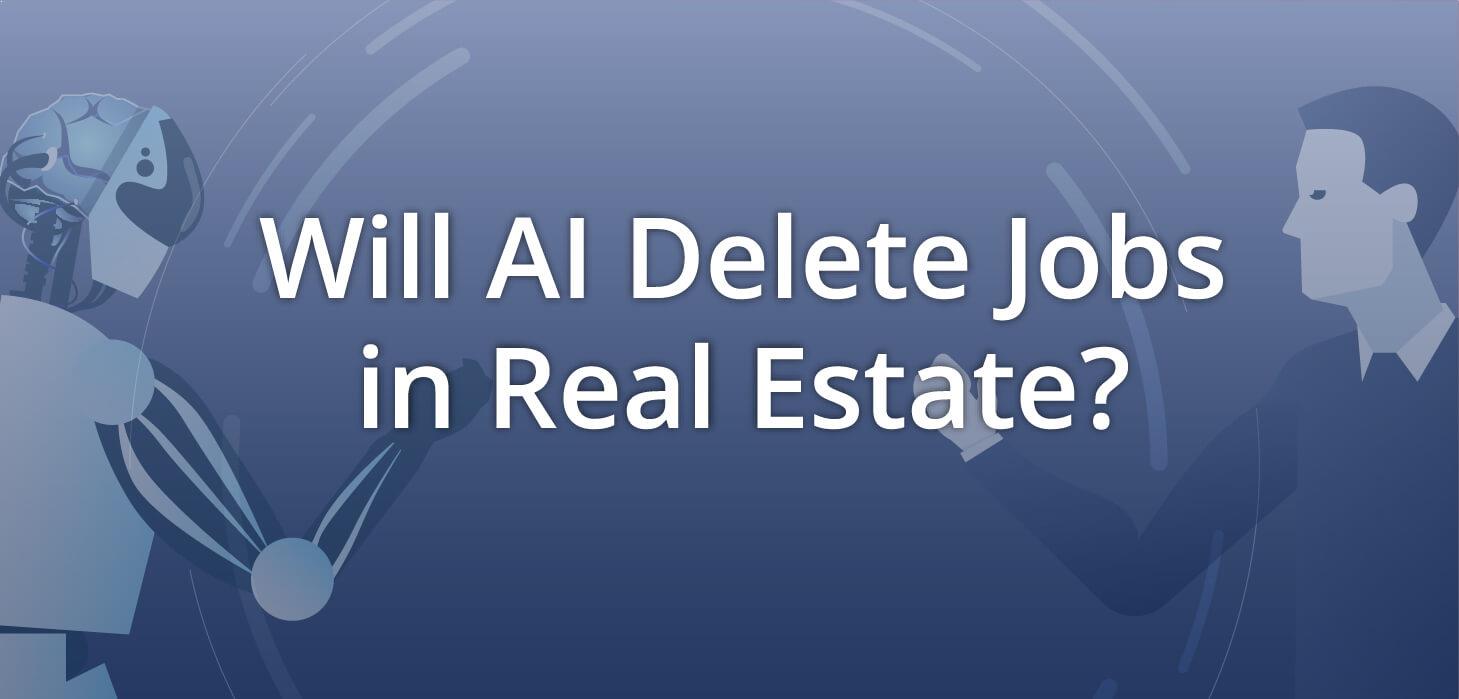By Restb.ai on 30 January 2018
Anxiety is running high across industries about the potential for technology to take people’s jobs. Developments in technology have gutted entire communities across most Western countries. The advance of technology has shuttered steel mills, coal mines, and textile factories - to name just a few - in Europe and the United States. Artificial Intelligence (A.I.) research and commercialization threaten to disrupt white collar jobs even more dramatically.
With about 1.2 million realtors in the United States certified by the National Association of Realtors (NAR), members have expressed some level of anxiety to the NAR about the potential threats new technologies pose their livelihoods.
Rapid Changes at Work
The McKinsey Global Institute figures that A.I.'s interruption of culture is occurring ten times more quickly than it had in the 19th and 20th centuries. The Institute estimates the accumulated tech disruption will be 300 times larger than in the past, with 3,000 times the impact on societies.
The speed of A.I. development is astonishing. Google estimates robotics will attain human levels of intelligence by 2029. Gartner, the technology market research company, projects that by 2025, robots and smart devices will replace one-third of jobs.
The front line of workers that will fall do not have advanced educations or specialized skills, according to the Washington Post. The first casualties of A.I.-driven automation are low-paid workers and those who perform routine, laborious chores. Real estate is rife with those sorts of activities.
Robots Have Real Opportunities in Real Estate
Rob Hahn, a real estate management consultant, makes the point that real estate business processes are rife with tedious paperwork activities:
“There is absolutely zero reason to hire an agent to fill out an offer form; technology can easily allow the buyer to do that directly… There is no reason to hire a REALTOR [...] to babysit a stack of papers, most of which are handled by the escrow and title companies in any event, and even when a REALTOR does ‘handle’ it, that work is often outsourced to some transaction coordinator in the Philippines making $8/hour…”
Algorithms and Humans Working Together
In 2017, Bridget Frey, chief technology officer at Redfin, spoke on a Seattle Startup Week panel about A.I. and real estate. Redfin is making a bold play into A.I. in real estate. Frey believed real estate agents and the experience they have should never be down-played during the home-buying experience. Frey said, “We’ve found that our algorithms work better when we leave a place for a human to be in the loop, and I think that’s where the direction needs to go.”
Real estate market analyst Russ Cofano believed “cognitive computing” does not threaten real estate’s labor market. Instead, he saw A.I. as complementary to an agent’s skill set.
Cofano gives the example that with predictive analytics on consumer behavior and market statistics, A.I. could advise an agent on the best way to approach a client and improve the chances of a sale.
However, A.I. could also provide a dividing line that could give a wide competitive advantage to savvy real estate agents. Technologically-challenged agents or those who eschew technology may find their sales statistics pale in contrast to those of agents who become adept at using AI in their work.
A.I. Won't Replace, But Instead Empower Our Work
While real estate customers want frictionless sales transactions, they also want trust. A.I. has great prospects for helping brokers and agents improve their business intelligence. However, it will not take the human element out of the transaction soon. Ultimately, it’s the real estate agent that owns the most valuable asset in any real estate deal: the relationship with the customer.
Rob Hahn, the management consultant, summed up where humans will still count in real estate when he wrote:
“Truth is, the real estate transaction is paperwork… except when problems occur and negotiation becomes key and the client needs to be reassured and, and, and [...] In those moments, where the deal might be hanging by a thread, or some unforeseen development is creating havoc and chaos, and the client is stuck wondering if they could move next week as they had planned… then, then technology is useless. Algorithms are no help. Computers cannot empathize, calm you down, and tell you what needs to happen. Software isn’t going to work overtime to figure something out for you. Only a human being can do that.”
So, all in all, consumers and producers alike should know that A.I. will not overcome us, but will be part of our working lives, simplifying them.





comments